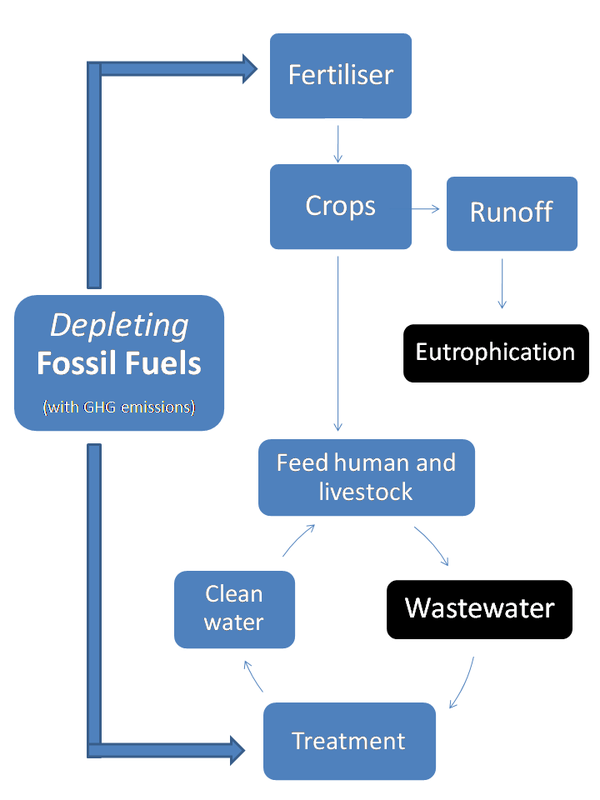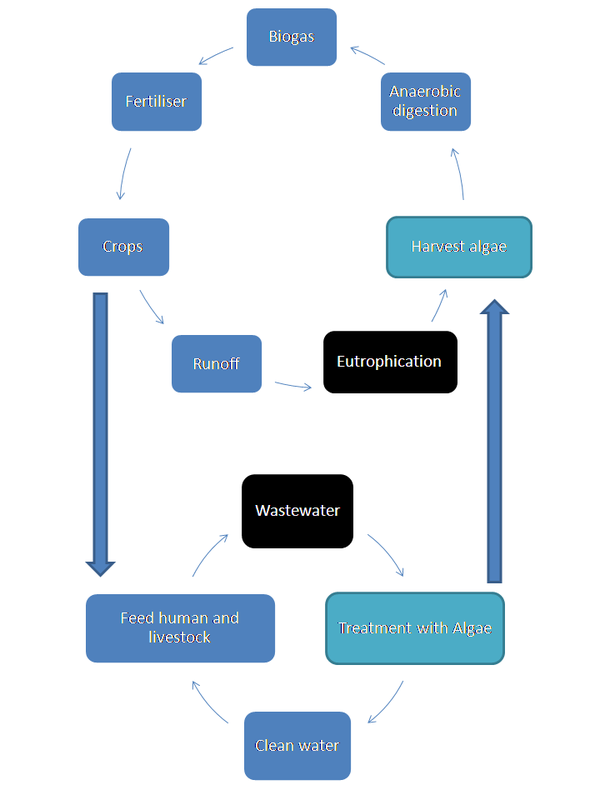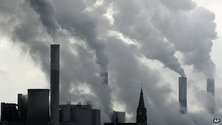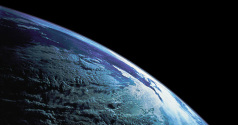Challenges, not Problems.
Harvesting algae from open environments is a major obstacle to large-scale production of algal biofuels. Current harvesting methods are species-specific requiring a monoculture, and either contribute to a net energy loss, or they render the algae unsuitable for anaerobic digestion.
Sustainable harvesting of algae from waste and eutrophic water would provide a low energy treatment solution.
Additionally, wastewater treatment processes have high energy inputs; using algae would present a low energy solution, if it could be harvested sustainably. Eutrophication remains a problem in freshwater systems and coastal water.
Sustainable harvesting of algae from waste and eutrophic water would provide a low energy treatment solution.
Additionally, wastewater treatment processes have high energy inputs; using algae would present a low energy solution, if it could be harvested sustainably. Eutrophication remains a problem in freshwater systems and coastal water.
Algae as part of a closed loop system
|
The Problem
Currently the processes of producing energy and treating waste water are entirely linear, relying heavily on fossil fuels, and producing damaging waste products.
|
The Solution
The use of algae to both produce (bio)energy and treat wastewater eliminates the dependency on fossil fuels and facilitates a 'double' closed loop system.
|
Find out why the algal harvesting project is relevant. Follow the links to get up to speed on the background of algal biomass, the need for a sustainable solution and the key beneficiaries.
Background infoWhat are algae
Use and potential Biofuels The need for sustainable harvesting
Eutrophication
Wastewater treatment Bioenergy production Who benefits?
The Energy Industry
Water supply sector Environment |






